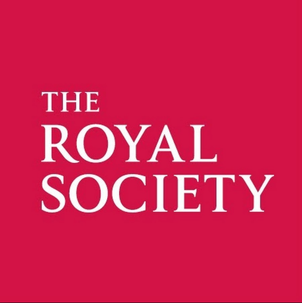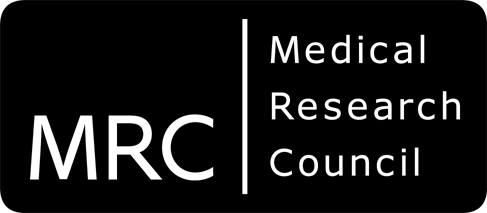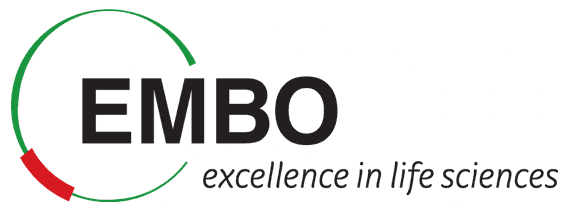Research
Complex programmes of transcription define all aspects of cellular function and their misregulation leads to the widest spectrum of human disease, from cancer to neurological and autoimmune disorders. In eukaryotes, RNA polymerase II (Pol II) synthesises messenger RNAs that are translated into proteins. However, Pol II requires dozens of additional large protein complexes that carefully regulate its activity, and allow it to transcribe through chromatin. Our goal is to understand the interplay between transcription factors, Pol II and chromatin coactivator complexes, and uncover fundamental molecular mechanisms of transcription and its regulation.
A major focus in the lab are the coactivators SAGA and NuA4. These large complexes are histone acetyltransferases required for transcription through chromatin. They are also related by their common incorporation of Tra1, a large protein that accounts for almost one-third of each complex, and enables their recruitment to specific genes during transcription activation. We use a multi-disciplinary approach covering crystallography, cryo-electron microscopy, biochemistry, biophysics and genetics to study these large complexes required for transcription. Our lab is based at the School of Biochemistry at the University of Bristol.
We are grateful for funding from Wellcome, The Royal Society, The Medical Research Council and EMBO.
A major focus in the lab are the coactivators SAGA and NuA4. These large complexes are histone acetyltransferases required for transcription through chromatin. They are also related by their common incorporation of Tra1, a large protein that accounts for almost one-third of each complex, and enables their recruitment to specific genes during transcription activation. We use a multi-disciplinary approach covering crystallography, cryo-electron microscopy, biochemistry, biophysics and genetics to study these large complexes required for transcription. Our lab is based at the School of Biochemistry at the University of Bristol.
We are grateful for funding from Wellcome, The Royal Society, The Medical Research Council and EMBO.




